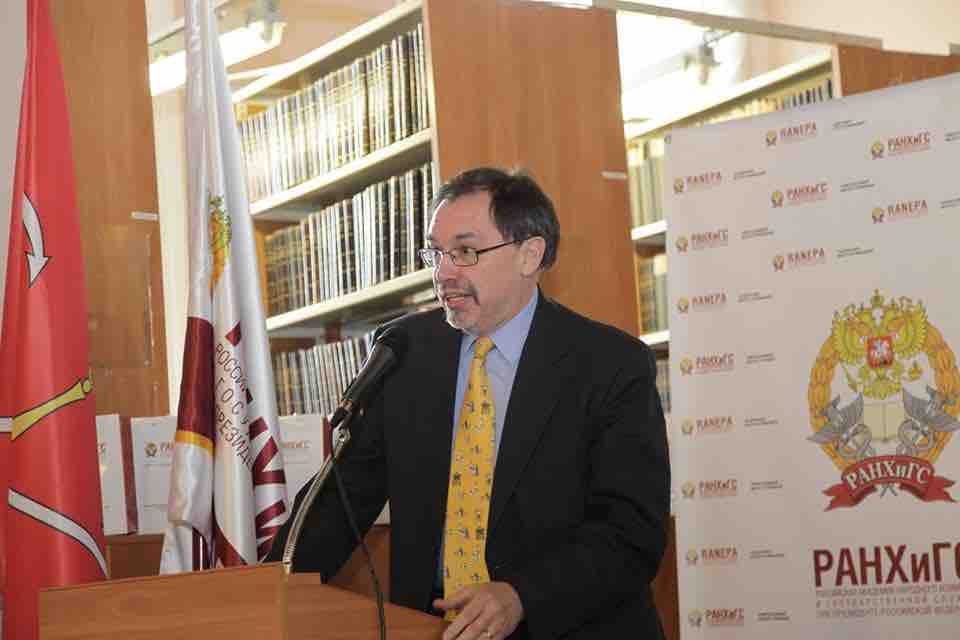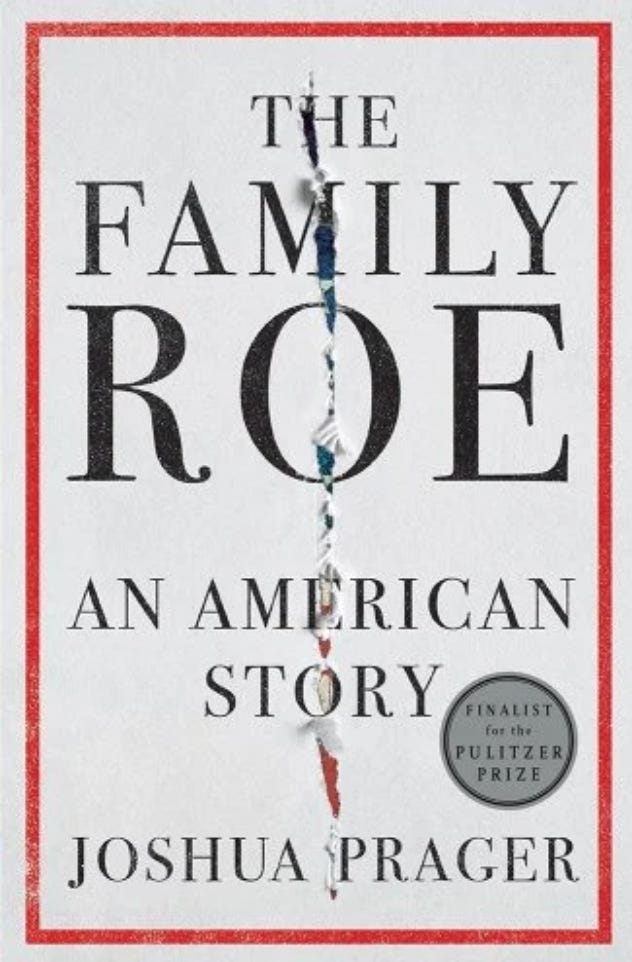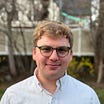NBN Newsletter #1: Time
Featuring a curated playlist, episode highlights, and a Q+A with Professor Peter Rutland
Welcome to the NBN!
Welcome to the New Books Network Newsletter. NBN is a podcast network and audio library with over 120+ podcasts and a catalog of over 17,000 interviews in English (for Spanish-language interviews, check out New Books Network ES). Every week, we publish around 80 interviews with scholars and writers. Each week this newsletter will highlight reading/listening recommendations, a curated thematic playlist, and a Q+A section with scholars about their favorite books. We look forward to seeing you in your inbox every Thursday!
We will also run a section featuring book and podcast recommendations from readers. If you’ve just finished an exceptionally engrossing book, listened to a great NBN episode, discovered a new podcast, or stumbled across an interesting website, please email caleb@newbooksnetwork.com.
Time
November 6th, 2022 marks the end of daylight saving time (DST) in most parts of North America and Europe. The purpose of this practice is to push back the sunset during the shortened Fall and Winter days. Time is something that we create and also find in nature. Some aspects of time are crafted by us and other markers are set by the rotation and location of the Earth. Is time sacred or is time money? How is time understood in the Talmud? Is time the most fundamental idea in all of physics? How do political leaders use calendars and time-keeping to cement their rule? In this playlist, you will find selected episodes on all aspects of time.
Scholarly Sources
Peter Rutland is professor of government and the Colin and Nancy Campbell Chair for Global Issues and Democratic Thought at Wesleyan University.
Q: What are you reading right now?
A: I just finished reading Robert Harris’ Act of Oblivion, a novel that tells the story of three regicides (people who voted to execute Charles I) who fled to Connecticut in 1660. Harris is a vigorous writer of popular historical thrillers who does extensive research. There's a personal angle — I live not far from where two of the regicides hid out in a cave near New Haven for months on end, while Royal agents sent by Charles II searched for them.
Q: What is your favorite book to assign to students and why?
A: One favorite in my nationalism class is Amy Chua’s World on Fire. It is provocative and quirky, and it gets students to think about the economic dimension of ethnic antagonism in a new way. It's about how majority communities often blame the ills of capitalism on middlemen minorities.
Q: Is there a book you read as a student that had a particularly profound impact on your trajectory as a scholar?
A: I recall reading Viktor Kravchenko’s I Chose Freedom exposing the Holodomor in Ukraine in the early 1930s. Kravchenko had taken part in the forced collectivization of Ukraine as a Bolshevik leader, and he defected when he came to the US in 1942 to organize lend-lease arms deliveries. A similar eye-opening impact came from reading Simon Leys’ Chinese Shadows, which exposed the madness of Mao's Cultural Revolution. These books punctured my naive impression of Communism as a viable modernization model.
Q: Which deceased writer would you most like to meet and why?
A: H.G. Wells. He was remarkably prescient in so many domains.
Q: What’s the best book you read this year?
A: Ai Weiwei's autobiography, 1000 Years of Joys and Sorrows.
Q: Have you seen any films, documentaries, or museum exhibitions that left an impression on you recently?
A: I am halfway through Adam Curtis' new 8-hour documentary Trauma Zone, on the collapse of communism - and democracy - in the Soviet Union and Russia 1985-99. He made it for the BBC and trawled through thousands of hours of BBC news footage. Thankfully, unlike his previous mega-documentaries on the evils of capitalism, Curtis does not impose a voice-over and just lets the clips, some of which are mesmerizing, speak for themselves.
Q: What do you plan on reading next?
A: Haruki Murakami’s First Person Singular. I lived in Japan for two years, and Murakami unpacks Japanese society with a Western sensibility.
Episode Spotlight
In this episode, Galina Limorenko speaks with Joshua Prager about his brilliant biography of Norma McCorvey AKA “Jane Roe,” the plaintiff in Roe v. Wade. Prager reveals the sheer level of complexity surrounding McCorvey’s life, the pro-choice and pro-life movements, and an issue at the heart of America’s cultural and political divides.
New Books, Links, and Other Things
Derek Sayer, Postcards from Absurdistan: Prague at the End of History (Princeton UP)
Kay Harel, Darwin's Love of Life: A Singular Case of Biophilia (Columbia UP)
Bob Dylan, The Philosophy of Modern Song (Simon & Schuster)
Sean Guynes’ master list of university press catalogs
Free online courses from MIT








